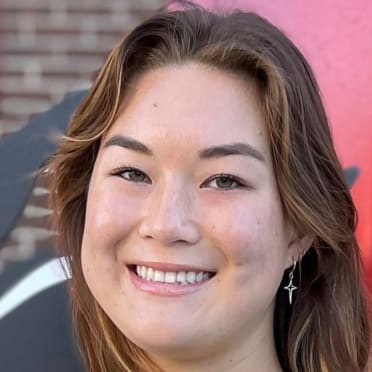LOS ANGELES -- One of the biggest questions the Dodgers had heading into this year was what they would get out of Roki Sasaki in his first Major League season. After two regular-season starts, the team still has a lot to learn about the 23-year-old right-hander from Japan.
Sasaki didn't make it out of the second inning of Saturday's 7-3 win, although the Dodgers still finished off a three-game sweep of the Tigers. Freddie Freeman and Teoscar Hern¨¢ndez drove in two runs apiece as part of the support for Sasaki's short outing, and Los Angeles is 5-0 to begin its title defense.
The Dodgers are the fourth defending World Series champs to start a season 5-0 or better, joining the 1985 Tigers (6-0), the 1934 Giants (5-0) and the 1933 Yankees (7-0). It¡¯s the first time the Dodgers have started a season undefeated through their first five games since 1981, when they began the year 6-0.
¡°[Sasaki] wants to perform," manager Dave Roberts said. "All he's known is success. And so I think that he's certainly upset, disappointed. But you've got to be a pro and get back to work. ¡ This is all the learning curve, and we've still got a good ballclub, and we're going to need him.¡±
When Sasaki made his Major League debut at Tokyo Dome last week, he flashed the electric stuff that made him so coveted this past offseason alongside some signs of growing pains in his transition from NPB to MLB. He held the Cubs to one run in three innings, despite issuing five walks.
As it turned out, more of the same would be in store for Sasaki's Dodger Stadium debut, as he landed only 32 of his 61 pitches for strikes and walked four batters. He allowed two runs on three hits across 1 2/3 innings and struck out a pair. Unlike in Tokyo, he didn't hit triple digits with his fastball, as his four-seamer averaged 96.1 mph.
Sasaki is only the second Dodger to issue nine or more free passes across his first two career starts since the team moved to L.A. in 1958, joining Bill Singer in 1964 (12 walks in 14 innings).
"I didn¡¯t feel that I had a good feel for my pitches," Sasaki said through interpreter Will Ireton. "My slider felt pretty good. But my fastball-split -- velo-wise, command-wise -- wasn¡¯t there."
Another common thread was that he didn't have his splitter in his first two outings. Sasaki's signature offering was a hot commodity during spring, when he befuddled opposing hitters with its unpredictable movement in all directions.
In regular-season games, though, he simply hasn't been getting hitters to swing much at it. Sasaki threw 15 splitters against the Cubs, getting two swings and one whiff. Another 15 splitters against the Tigers generated four swings and two whiffs. Between the two starts, only one splitter went for a called strike.
"It's probably one of the best splitters I've ever caught. It's nasty," catcher Will Smith said. "I think it just comes back to controlling the zone. Just falling behind in counts, not winning those battles, getting ahead early and really keeping them off balance. ¡ But it's the big leagues. It's hard, and he's going to learn. He's going to get better."
When Sasaki is as wild as he has been in a small sample in the Majors, opposing hitters aren't tempted to swing at the splitter. He's missing badly with his fastball and not setting up his splitters as competitive offerings.
"If you can eliminate a pitch," Roberts said, "it just makes hitting a lot easier.¡±
Sasaki has partially attributed his early trouble to his mechanics. During Spring Training, he spoke about working with the coaching staff to identify what he did well and where he needed to improve. Making those adjustments can be difficult, especially when factoring in the transition to playing in a new league and a new country.
Roberts has maintained that Sasaki is a work in progress, and it will take some time for him to realize his full potential. The growing pains are part of that process -- not that knowing that makes it any easier.
"I don¡¯t expect myself to be able to fix everything in a short period of time," Sasaki said. "That being said, I am going to be pitching every week, so I do expect as a Major League pitcher to be able to put up quality outings. But it¡¯s something I expect myself to work on throughout."
